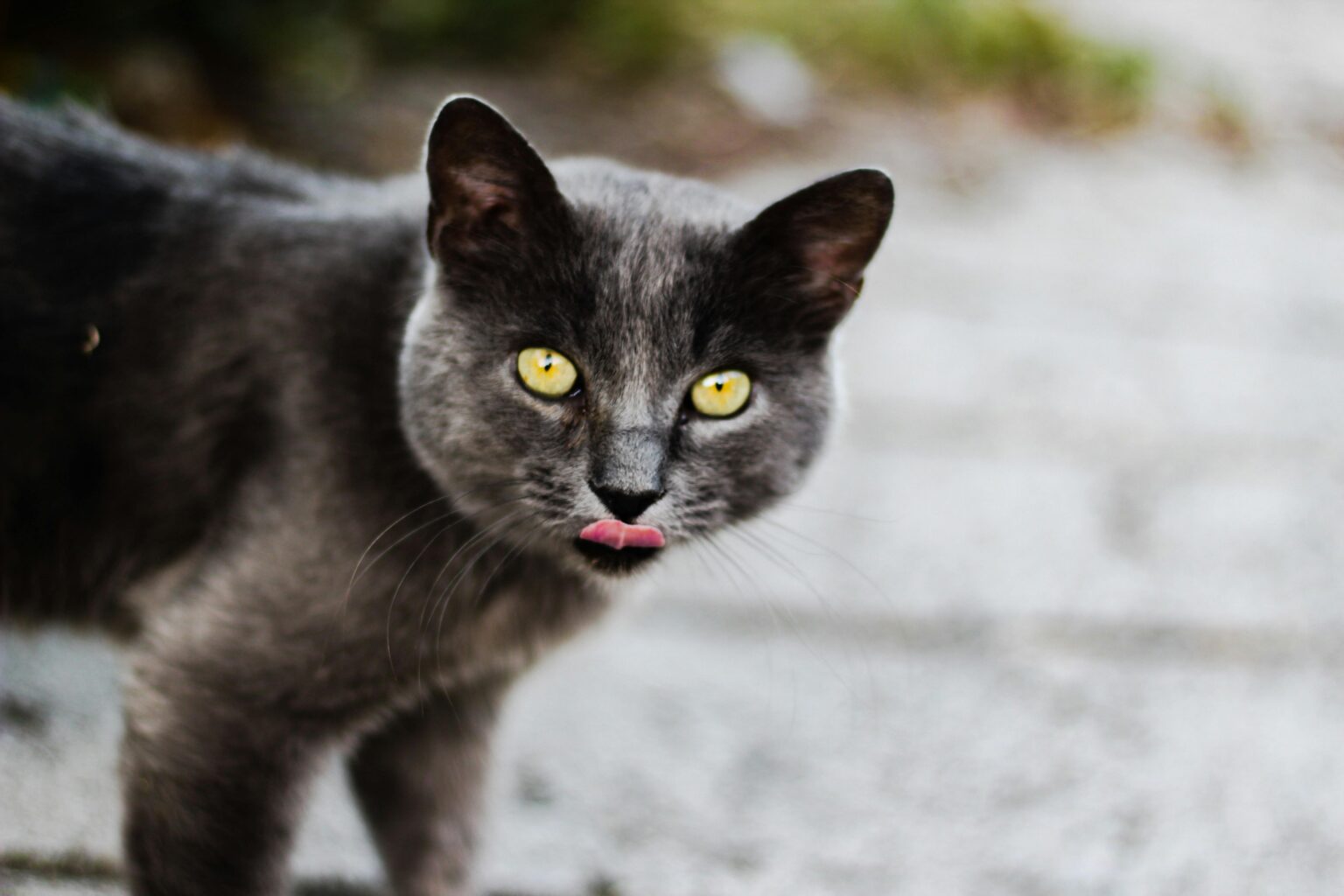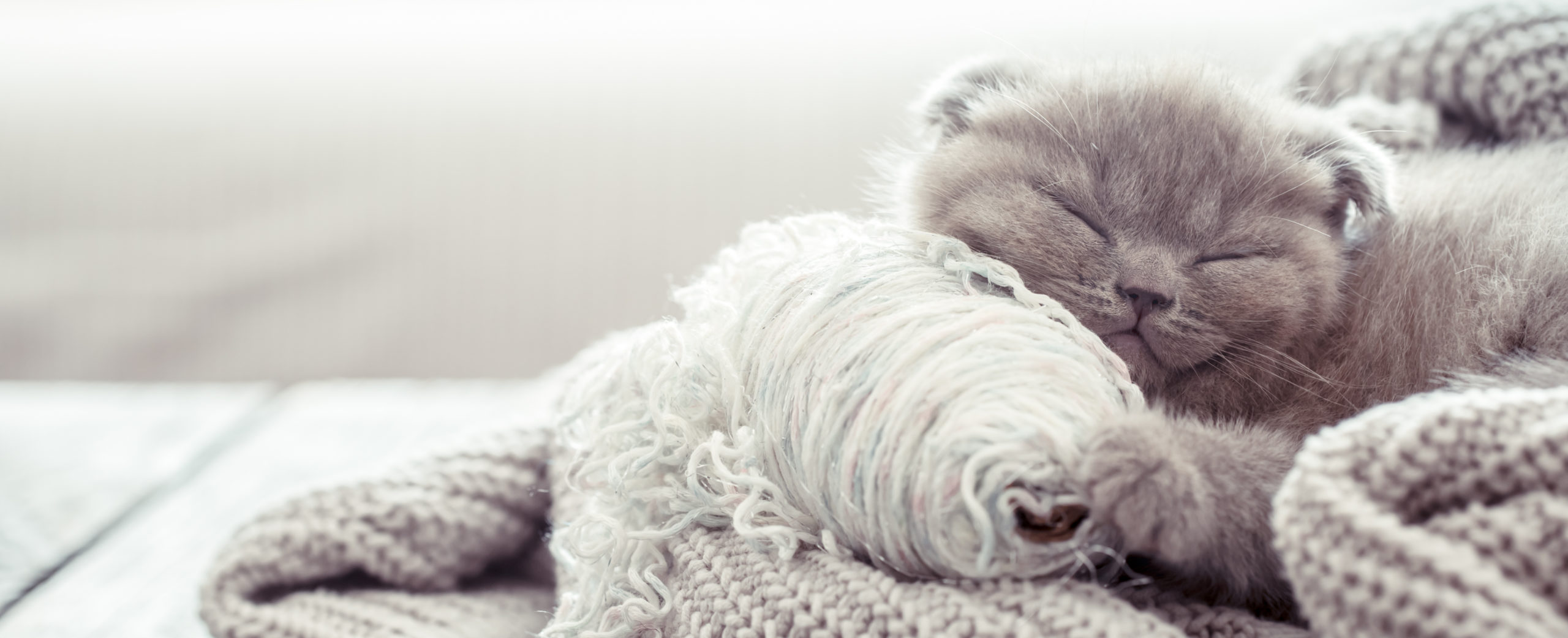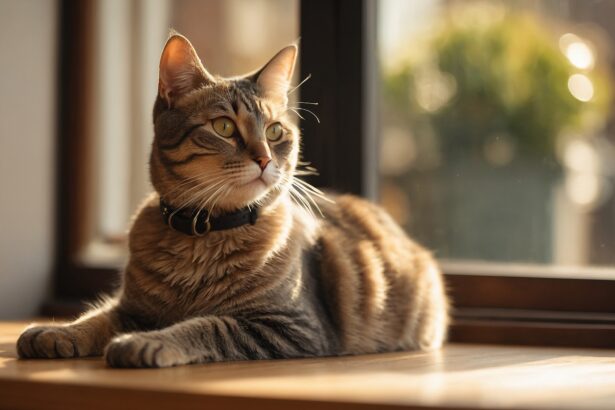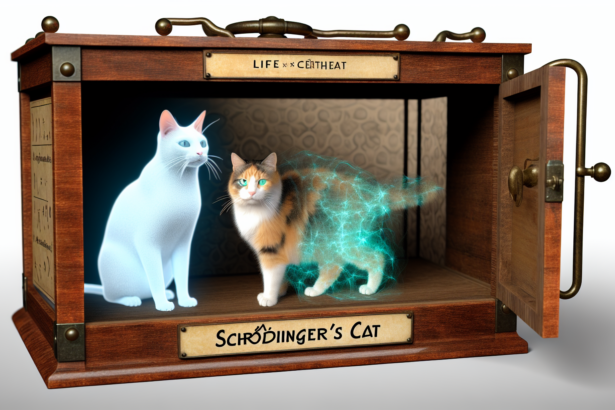Understanding why your cat sticks its tongue out: a fascinating behavior
Ever caught your cat with a tiny pink tongue peeking out and wondered why cats stick their tongues out? That cute “blep” can be charming, but sometimes it carries a message. Let’s decode what your feline is really saying.
- Understanding why your cat sticks its tongue out: a fascinating behavior
- Cute or concerning: how to tell the difference
- The tongue as body language
- Why do cats stick their tongues out in their sleep?
- Physical reasons your cat sticks their tongue out
- Heat relief: a rare pant to cool down
- Oral pain or dental disease
- The Flehmen response: sniffing with style
- Emotional and behavioral reasons
- Special situations to know
- What to do when you notice the tongue-out
- Conclusion: a tiny tongue with big meaning
Cute or concerning: how to tell the difference
Most of the time, a tongue-out moment is harmless. Still, context matters.
- Watch the frequency: occasional bleps are usually fine; constant protrusion needs attention.
- Check the moment: after grooming, during sleep, or post-play? Often normal.
- Look for red flags: heavy drooling, bad breath, difficulty eating, pawing at the mouth, or open-mouth breathing.
Curious about that sandpaper feel? Here’s a closer look at why a cat’s tongue is so rough and how it helps with grooming and eating.
The tongue as body language
Cats speak volumes without a sound. A tiny tongue can signal:
- Relaxation: your cat dozed off mid-groom and forgot to retract it.
- Curiosity: they’re processing a new scent or taste.
- Brief tension: mild stress can lead to quick tongue flicks or lip-licking.
Want to decode more of your feline’s signals? Tail movements are super telling too—explore the nuances of tail language and meaning.
Why do cats stick their tongues out in their sleep?
During deep sleep, jaw muscles relax—sometimes the tongue slips out. It’s often a sign of blissful rest.
- Normal: gentle blep while snoozing, especially after grooming.
- Monitor: frequent snoring or open-mouth breathing? Have your vet check for airway issues.
- Tip: raise the head of their bed slightly if they snore occasionally—it can ease airflow.
Physical reasons your cat sticks their tongue out
Heat relief: a rare pant to cool down
Unlike dogs, cats don’t usually pant. In very warm conditions, they may briefly open-mouth breathe or let the tongue show.
- Watch for heat stress: restlessness, seeking cool tiles, rapid breathing.
- What helps: offer a shaded, breezy spot and fresh water; brush excess undercoat in shedding season.
- Original tip: place a chilled ceramic tile or a metal baking sheet under a thin towel—cats love sprawling on this DIY cool mat.
Important: persistent panting is not normal in cats—contact your vet promptly to rule out heatstroke or respiratory issues.
Oral pain or dental disease
A tongue that hangs out more than usual can mean mouth discomfort.
- Possible causes: gingivitis, stomatitis, ulcers, broken teeth, foreign bodies stuck after grooming.
- What to observe: chewing on one side, dropping kibble, bad breath, reluctance to eat.
- Care basics: gentle tooth brushing with cat-safe paste, dental treats, and regular check-ups.
Common mistake to avoid: never use human toothpaste—foaming agents and xylitol are dangerous for cats. If you also notice drooling, this guide on cat drooling and what to do can help.
The Flehmen response: sniffing with style
That funny face with the mouth slightly open and tongue tip out? Your cat is “tasting” scents via the vomeronasal (Jacobson’s) organ on the roof of the mouth.
- When it happens: new objects, other pets’ scent marks, or outdoor smells.
- Who does it more: intact males often flehmen more when detecting pheromones.
Fun fact: the adorable micro-tongue peek has a name—“blep.” It often happens when cats pause mid-groom and simply forget to put the tongue back in.
Emotional and behavioral reasons
Relaxed and content
Post-play snuggles, warm sunbeams, or a long grooming session can all end in a soft, sleepy blep. It’s a tiny sign of trust and comfort.
- Encourage calm routines: play, then food, then rest—it mirrors a cat’s natural rhythm.
- Offer a cozy, scent-rich space with familiar blankets.
Stress and anxiety
Lip-licking, quick tongue flicks, or a brief pant can appear with stress.
- Watch for body cues: pinned ears, stiff posture, low tail, hiding.
- Likely triggers: loud noises, moving house, new pet, changes to routine.
- Soothing ideas: safe hiding spots, vertical spaces, slow introductions, and pheromone diffusers.
Spot the early tell-tales with this practical guide to signs of stress in cats so you can act before anxiety snowballs.
Play and excitement
In the heat of a “hunt,” some cats briefly pant or stick out their tongues from sheer excitement.
- Use wand toys and short interactive bursts rather than long, exhausting sessions.
- If it turns into frequent open-mouth breathing, reduce intensity and consult your vet.
Special situations to know
Medication or anesthesia after-effects
Sedatives, pain relief, or dental procedures can relax jaw muscles, leaving the tongue slightly out for a few hours.
- Provide a soft, safe recovery space; monitor food and water intake.
- Call your vet if drooling is heavy or your cat seems disoriented for too long.
Senior cats
With age, dental loss and muscle relaxation can make the tongue peek more often.
- Offer softer food textures and routine dental checks.
- Keep an eye on weight, grooming habits, and mouth comfort.
Respiratory trouble: a real emergency
A protruding tongue with rapid or labored breathing, blue-tinged gums, or open-mouth breathing is urgent.
- Seek veterinary care immediately—cats mask breathing issues until they can’t.
- Minimize airborne irritants at home and ventilate regularly.
The Cornell Feline Health Center explains that timely management of feline asthma helps prevent severe complications.
What to do when you notice the tongue-out
- Step 1: note the context (sleep, grooming, play, heat).
- Step 2: scan for warning signs (drooling, bad breath, pain, open-mouth breathing, lethargy).
- Step 3: if in doubt, record a short video for your vet—context helps diagnosis.
Another gentle idea: enrich your cat’s world with favored scents (cat-safe, of course). Learn more with this guide to smells cats love and how to use them.
Conclusion: a tiny tongue with big meaning
Why do cats stick their tongues out? From blissful bleps to scent decoding and health alerts, that little tongue is surprisingly eloquent. Read the cues, trust your instinct, and you’ll keep your whiskered bestie comfy and safe.
FAQ
Is it normal if my cat’s tongue sticks out a lot?
Occasionally, yes. If it’s frequent or paired with drooling, bad breath, pain, or open-mouth breathing, book a vet visit.
Why does my cat stick their tongue out after grooming?
It’s often a harmless “blep”—they paused mid-groom and forgot to retract the tongue. Check for stuck debris if it persists.
Do cats pant like dogs when hot?
Not usually. Brief heat panting can happen, but persistent panting is abnormal in cats and needs prompt veterinary advice.
Can dental issues make a cat stick out its tongue?
Yes—gum disease, ulcers, broken teeth, or oral pain can all cause it. Dental care and check-ups are essential.








